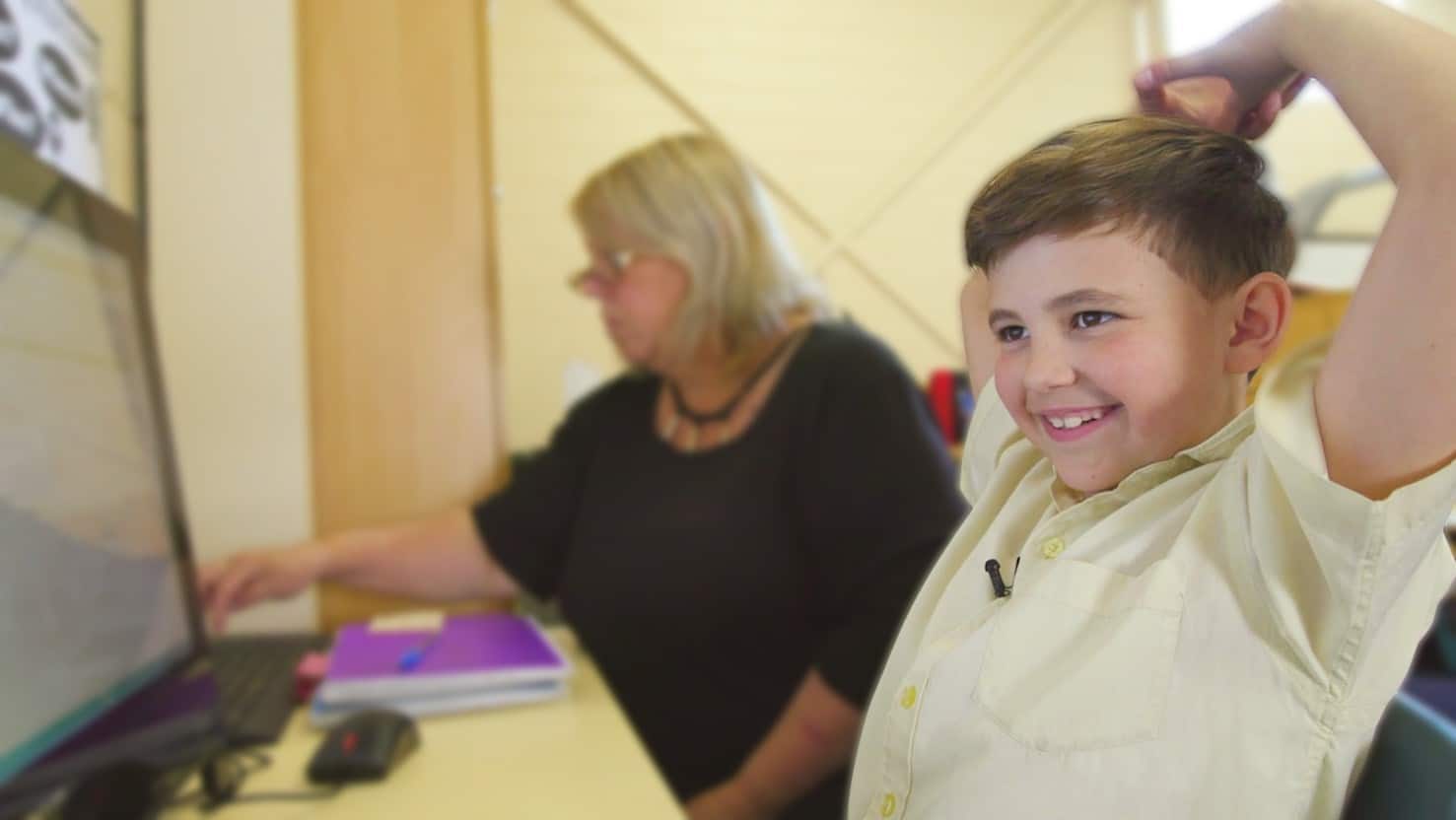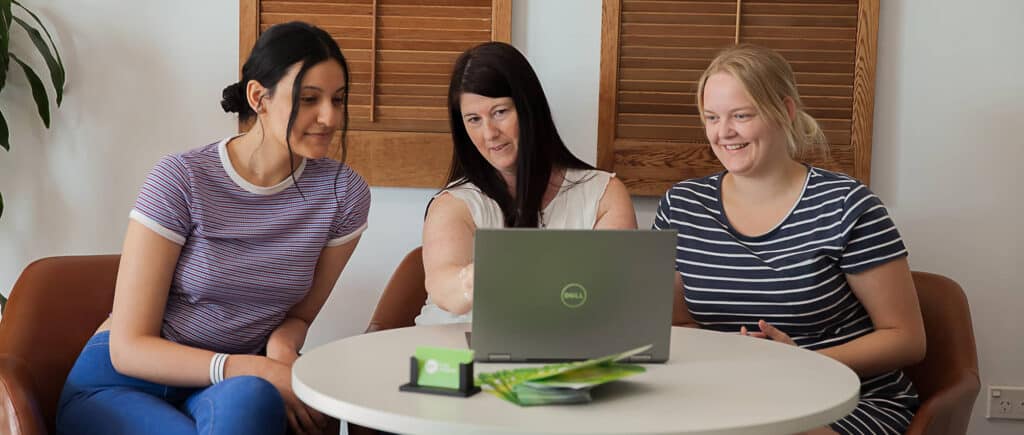Streamlined support solutions empowering Royal Far West’s critical services.
Royal Far West is Australia’s only national charity dedicated to helping country kids with complex behavioural, developmental and mental health needs. It operates out of Manly, on Sydney’s Northern Beaches, as well as remotely, either via community visits or telecare. Over 140 clinicians, and an additional 100 staff, support this critically important work.
In FY22, Royal Far West saw 5,196 country children with complex needs across three states, and there were an additional 12,706 beneficiaries – classmates and teachers – of that care. In total, they worked with 169 schools, 61 preschools and 212 communities.
Royal Far West’s most complex care program, the Paediatric Development Program or PDP, requires the coordination of multiple disciplinary clinicians’ time. A technology issue with just one in-person or telecare appointment has a cascading impact on others.
“If a clinician can’t see clients, and they often have up to 5-6 sessions a day or more, then these sessions are lost and you need to reschedule, which comes with complexity. It’s also not a great experience for the client, whether they’re in the building or sitting at a computer terminal in a country school and the clinician can’t connect because of a tech issue,” ICT Director Thomas Pinn says.
“We have a busy caseload and a booked-out diary with little room for make-up time, so if I can’t see my client in the allotted time, that can mean a whole week of direct support is lost for that child.” – Senior Speech Pathologist Megan Fitzpatric
Avoiding this requires high-quality, always-on, phone-based and onsite Level 1 support for clinicians, as well as Level 2/3 escalation so that the internal ICT team can resolve more technical challenges.
Up until recently, neither support function worked effectively, and clinician support was via a generic offshore Level 1 service desk with less than satisfactory resolution.
Indeed, support was also only encouraged in NSW business hours, despite Royal Far West’s national reach. Frustrated clinicians waited for support, and either sought workarounds themselves, independent of the service desk, or asked Pinn and his ICT colleagues to jump in – defeating the purpose of contracting IT support out in the first place.
For more advanced questions, ICT was either routed through the same Level 1 support or had to wait for a formal meeting with the service provider, where the suggested resolution was often to launch a new project and increase ICT spend.































